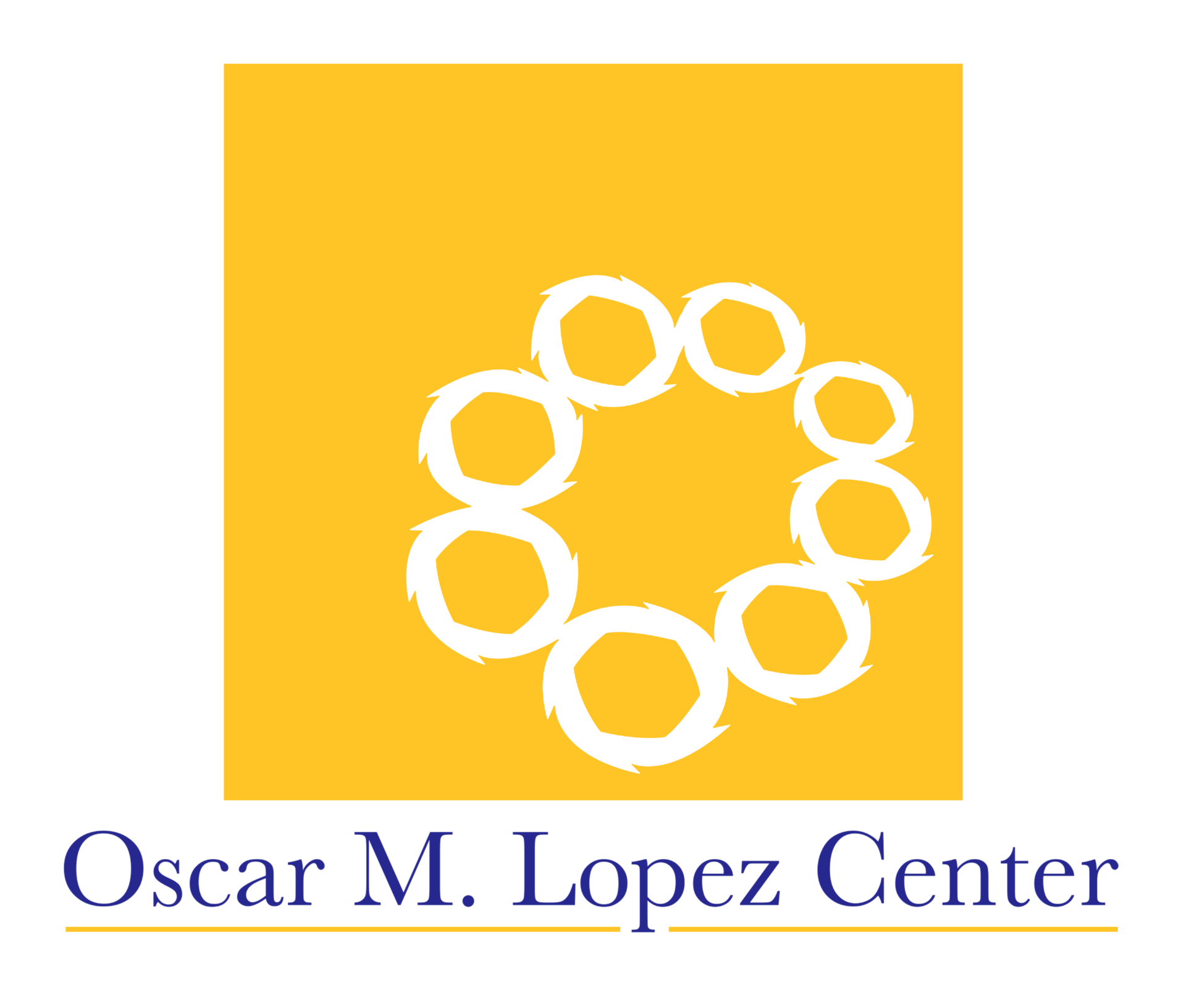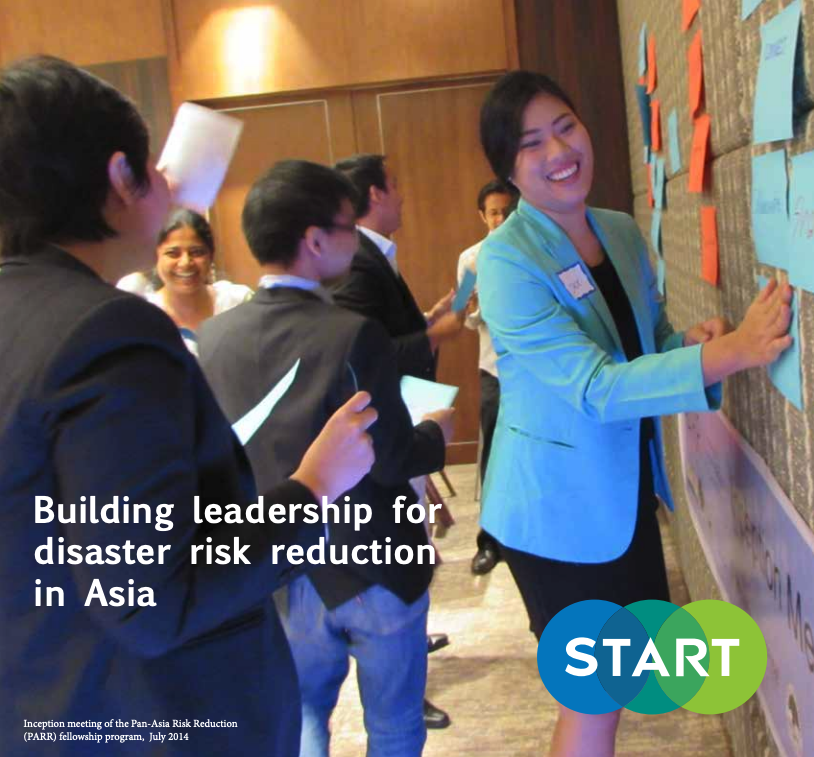OML Center

The Oscar M Lopez Center is a non-profit organization born out of a private sector initiative to enhance support for research and innovative solutions towards climate change adaptation and disaster risk management.
The Center is principled on the role that science must play in building the resilience of communities through actionable knowledge and relevant climate information. Founded in 2012, it was established as a response to an apparent research gap that was alarmingly disproportionate to the climate-related risks and vulnerabilities of the Philippines.
While the OML Center remains at the forefront of research in the fields of climate change adaptation and disaster risk management, its knowledge production has been enhanced towards actionability by adopting a more robust development strategy consisting of a knowledge-to-action pathway to ensure its products lead to action. It adopts a co-production framework — a multi-stakeholder approach that values key actors in developing solutions — and expands its reach by enhancing its communications and partnerships programs to bridge the gap between knowledge and action.
Through multi-stakeholder collaborations, the OML Center pushes research and climate risk information into projects and initiatives that help improve appreciation of climate change and its varied impact on Philippine communities and provide key actors with tools for science-based climate change and disaster risk planning and decision-making. These projects and initiatives include:
- In partnership with the Philippine Atmospheric, Geophysical and Astronomical Services Administration (PAGASA), we produce the State of the Philippine Climate, an annual publication that summarizes the country’s essential climate variables and notable climatic and weather variables.
- With the Philippine Climate Change Commission (CCC) and its National Panel of Technical Experts, we publish the Philippine Climate Change Assessment (PhilCCA) Reports. Patterned after the Intergovernmental Panel on Climate Change (IPCC) Assessment Reports, the working group reports contain comprehensive information on climate change science in the Philippines, including its impacts, vulnerabilities, and strategies for adaptation and mitigation.
- The Center also produced the Philippine Climate Almanac, the first of its kind in the country, which highlights record-breaking and other significant statistics of climate-related variables, extreme events, and disasters across seven decades through data visualizations. The first edition compiles the best available data from PAGASA, National Disaster Risk Reduction and Management Council (NDRRMC), and other sources at the time of publication.
- The Climate Knowledge Portal is an online portal that allows users to generate observed climate variables and climate change projections down to the provincial level. The portal was developed as part of a collaborative project with PAGASA.
- The Climate Change Impact Model for Philippine Water Resources (WebCCIM) is an online tool that computes the possible effects of climate change on the water resources sector in the Philippines. It calculates current and projected groundwater potential for each watershed, the number of years the watershed will be within the safe yield, and its supply-demand deficit ranking. The tool was developed by Dr. Carlos Primo C. David, Pamela Louse M. Tolentino, Mart Cyrel M. Geronia, and Mark Vincent A. Clutario through the OML Center Resilience Grants.
- The Climate, Disaster and Development Journal (CDDJ) provides a forum for the presentation of research findings on the rising risks posed by climate hazards and disasters; their impacts on national development; and their management implications. Submitted research papers on all aspects of climate, disasters, and development, and their interaction are considered, and go through a double-blind peer-review process prior to publication.
- In partnership with ABS-CBN DocuCentral, we produced a 60-minute documentary on climate change as a Filipino experience. Mga Kwento ng Klima (Climate Stories) is a first in bringing scientists and non-experts together for more science-based storytelling. It highlights some of the areas in the country affected by climate change, while also showcasing narratives of survival and strategies for adaptation. The documentary is available in five parts on the ABS-CBN News YouTube channel. A full version with English subtitles is available through iWant TFC.
- In partnership with ABS-CBN DocuCentral, we produced a 60-minute documentary on climate change as a Filipino experience. Mga Kwento ng Klima (Climate Stories) is a first in bringing scientists and non-experts together for more science-based storytelling. It highlights some of the areas in the country affected by climate change, while also showcasing narratives of survival and strategies for adaptation. The documentary is available in five parts on the ABS-CBN News YouTube channel. A full version with English subtitles is available through iWant TFC.
Responding to the times as well as recognizing the need to continue delivering actionable knowledge, the Center works with trusted partners in other collaborative research, fora, and online engagement events.

